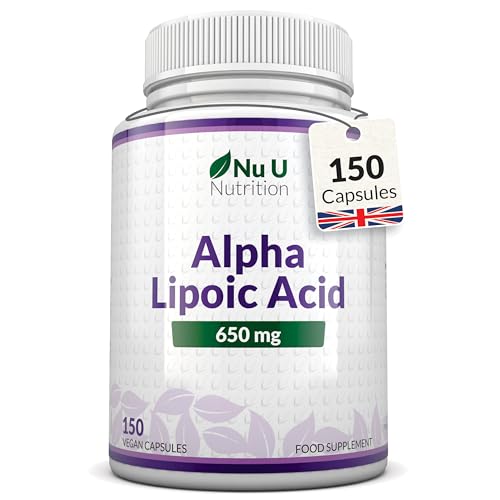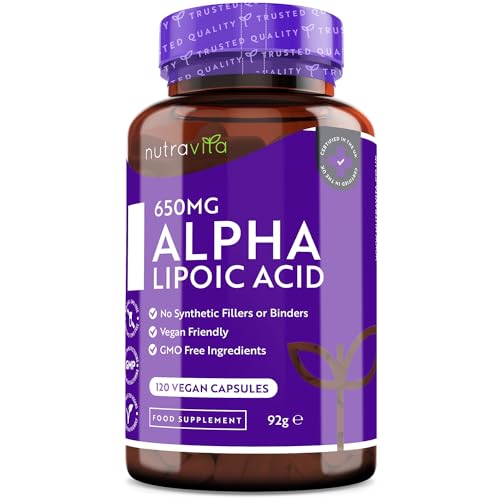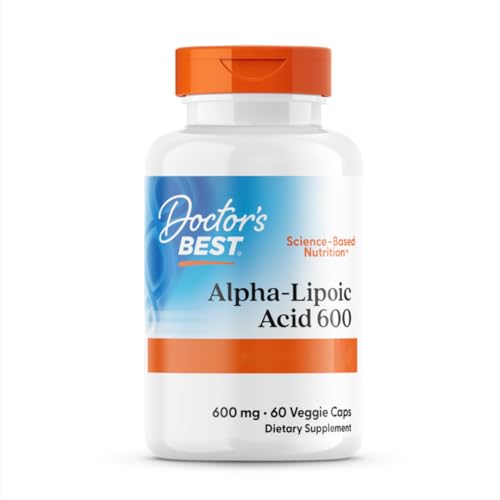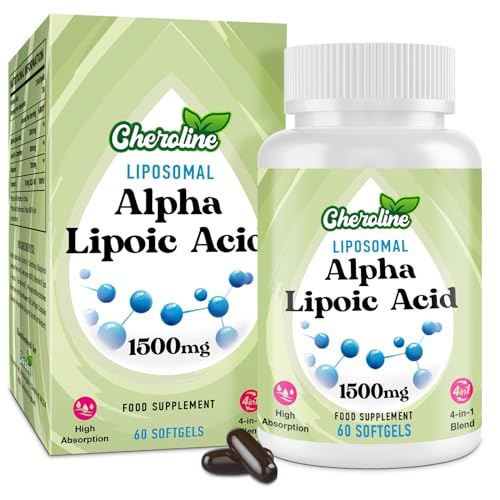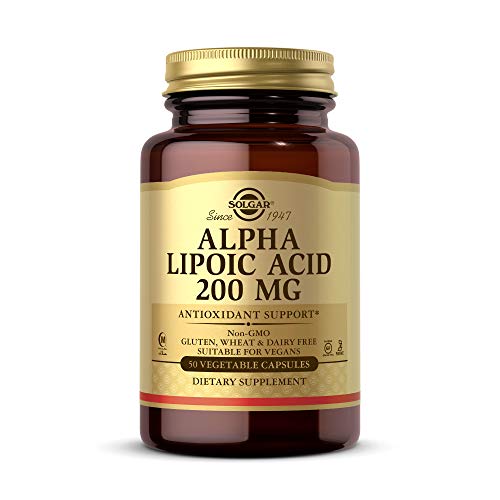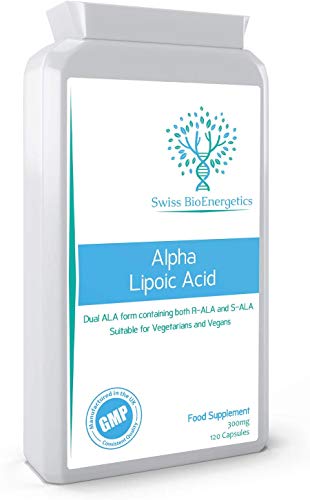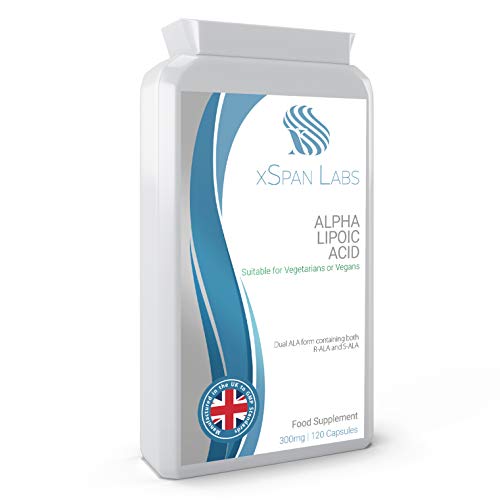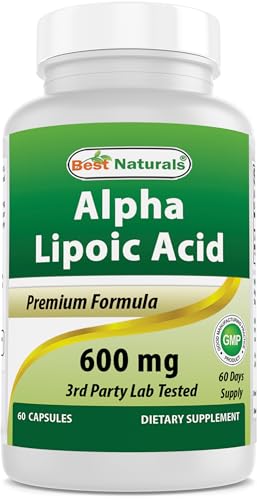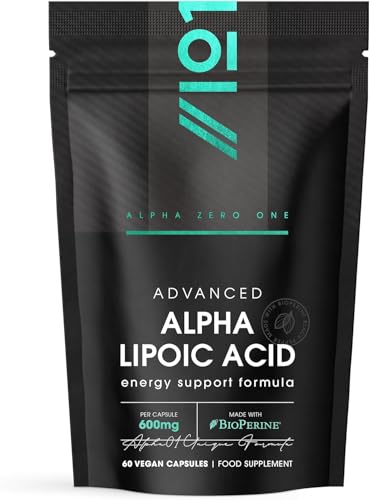What is Alpha-Lipoic Acid and Why Should We Care?
Understanding Alpha-Lipoic Acid
Alpha-Lipoic Acid (ALA) is a naturally occurring compound found in small amounts in certain foods and is produced by our bodies. Often touted as a potent antioxidant, ALA helps to neutralise harmful free radicals that can lead to cellular damage. This means that it plays a critical role in protecting our cells from oxidative stress, which is linked to various health issues including inflammation and chronic diseases. By including ALA in our diet or as part of a supplement routine, we may support our body’s mechanisms for maintaining good health.
The Importance of Antioxidants
Antioxidants are compounds that help to combat oxidative stress by stabilising free radicals, which if left unchecked, can cause changes in cells leading to diseases like diabetes, heart disease, and even cancer. Since ALA is both water-soluble and fat-soluble, it can work throughout the body effectively, unlike some other antioxidants which may only be effective in specific environments.
Key Benefits of Taking Alpha-Lipoic Acid
Supporting Blood Sugar Levels
Studies suggest that ALA may be beneficial in managing blood sugar levels, which is particularly important for those dealing with insulin sensitivity or type 2 diabetes. Incorporating ALA could potentially help improve insulin sensitivity, making it easier for the body to utilise glucose.
Enhancing Energy Production
ALA plays a role in energy metabolism. It helps to convert glucose into energy, which can contribute to increased stamina and reduced feelings of fatigue. For those leading busy lives or engaging in regular exercise, ALA could support overall energy levels.
Promoting Healthy Skin
Another notable benefit is ALA’s potential in promoting healthy skin. By combating oxidative stress, it can help in reducing the appearance of fine lines and wrinkles. Many skincare products are now incorporating ALA for its rejuvenating properties, making it a popular choice for skincare enthusiasts.
How to Choose the Right Alpha-Lipoic Acid Supplement
Form of ALA
When selecting an ALA supplement, it’s crucial to consider the form. The two common forms are R-Alpha Lipoic Acid and S-Alpha Lipoic Acid. R-Alpha Lipoic Acid is the naturally occurring form found in foods, while S-Alpha Lipoic Acid is synthetic. We generally recommend opting for R-Alpha Lipoic Acid for the best absorption and efficacy.
Read the Label Carefully
Always check the product label for the amount of ALA per serving. A higher dose isn’t always better; it should be balanced with your dietary needs and health goals. Additionally, look for supplements that are free from unnecessary additives or preservatives.
Dosage Recommendations for Optimal Results
Typical Dosage Guidelines
When it comes to dosage, the general recommendation for ALA supplements typically ranges from 300 to 600 mg daily. However, it is important to consult with a healthcare provider to determine the right dosage according to your individual health status and lifestyle.
Timing of Intake
The timing of when you take ALA can affect its benefits. Taking it on an empty stomach may optimise absorption, so consider taking it at least 30 minutes before meals or a couple of hours after eating.
User Experiences: Real Stories from Alpha-Lipoic Acid Users
Transformative Stories
Many users have shared their experiences of incorporating ALA into their daily routines. Some have reported noticeable improvements in energy levels and reduced sensations of fatigue, making it easier to engage in their daily activities. Others have highlighted improvements in their skin’s appearance, noting a more youthful look.
Community Insights
Engaging in online communities and forums, we can find a wealth of shared testimonials. Users often discuss how ALA has assisted them in regulating their blood sugar levels and improving overall vitality. These stories not only provide insight but also suggest a growing interest and acceptance of ALA supplements in health and wellness conversations.
